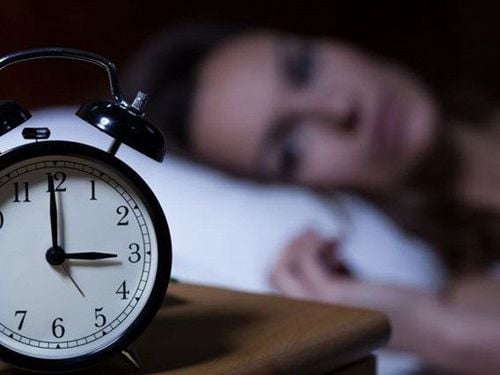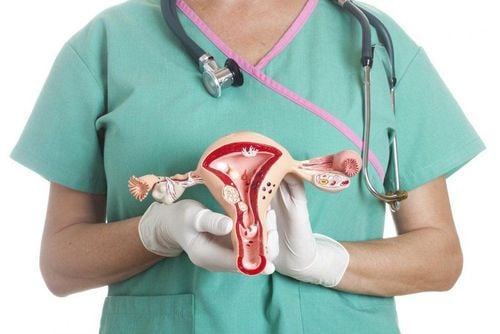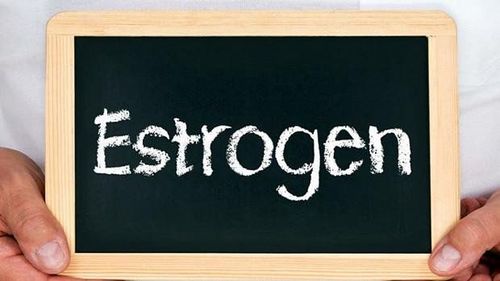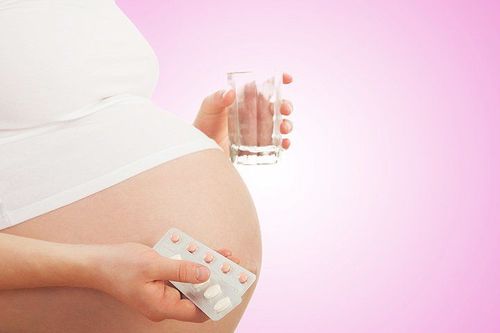This is an automatically translated article.
Estrogen is a hormone that plays a big role in maintaining health. It is often understood to be associated with the female body. However, men also produce estrogen, but women produce it at higher levels.1. Why is estrogen level important?
Induces female sexual development at puberty. Controls the growth of the uterine lining during the menstrual cycle and at the beginning of pregnancy. Causes breast changes in adolescents and pregnant women. Has an impact on bone and cholesterol metabolism. Involved in the regulation of food intake, body weight, glucose metabolism and insulin sensitivity.

2. Symptoms of low estrogen
Girls with delayed puberty and women reaching menopause are most likely to experience hormonal decline. Common symptoms of low estrogen include:
Pain during sex due to lack of vaginal lubrication An increase in urinary tract infections (UTIs) due to thin urethra Irregular or absent menstrual periods Menstruation Lightheadedness Depression Difficulty concentrating fatigue Estrogen works in conjunction with calcium, vitamin D and other minerals to keep bones strong. If your estrogen levels are low, you may experience decreased bone density. If left untreated, low estrogen can lead to infertility in women.

3. Causes of hormone decline
Estrogen is mainly produced in the ovaries. Anything that affects the ovaries will end up affecting the amount of estrogen produced. Young women may experience low estrogen levels due to:
Over-exercise Low-functioning pituitary gland Premature ovarian failure, which can be due to genetic defects, toxins or autoimmune conditions Turner syndrome Chronic kidney disease Women over the age of 40, a decrease in estrogen can be a sign of menopause. This time of transition is called perimenopause. During perimenopause, the ovaries will still produce estrogen but slowly and stop producing when reaching menopause.
Trắc nghiệm: Phụ nữ nên tránh những sai lầm nào trong phòng ngủ?
Những rắc rối phát sinh trong phòng ngủ sẽ khiến cho đời sống tình dục trở nên suy giảm. Làm bài trắc nghiệm sau đây sẽ giúp phụ nữ tránh được những sai lầm trong phòng ngủ, từ đó nâng cao đời sống tình dục.
Nguồn tham khảo: webmd.com
4. Risk factors for hormone decline
Age, as your ovaries produce less estrogen over time Family history of hormonal problems, such as ovarian cysts Severe eating disorders Excessive exercise problems with pituitary gland

5. Diagnosis of hormone deficiency
If you experience symptoms of low estrogen, consult your doctor. They can evaluate your symptoms and make a diagnosis if needed.
Early diagnosis can help prevent further complications. In addition to talking to your doctor about your family health history and symptoms. They will also perform a physical exam. Blood tests may be done to measure hormone levels.
In some cases, the doctor may order brain imaging to check for any abnormalities that may affect the endocrine system. DNA testing can also be used to evaluate for any problems with your endocrine system.
6. How is hormone deficiency treated?
Low estrogen levels can be improved by hormonal treatments.
6.1 Estrogen therapy Women between the ages of 25 and 50 who are estrogen deficient are often prescribed high doses of estrogen. This can reduce the risk of bone loss, cardiovascular disease and other hormonal imbalances. The actual dose will depend on the severity of the condition and the method of application. Estrogen can be given through.
In some cases, long-term treatment may be needed even after estrogen levels have returned to normal. This may require a lower dose of estrogen over time to maintain current levels.
Estrogen therapy can also reduce the severity of menopausal symptoms and reduce the risk of fractures.
Long-term estrogen therapy is mainly recommended for women who are nearing menopause and have also had a hysterectomy.
In all other cases, estrogen therapy is only recommended for one to two years because estrogen therapy can increase cancer risk.
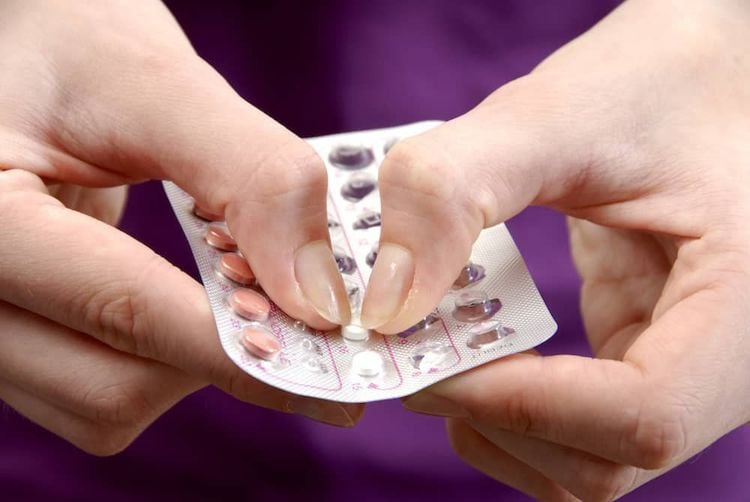
6.2 Hormone replacement therapy (HRT) HRT is used to increase your body's natural hormone levels. Your doctor may recommend HRT if you are approaching menopause. Menopause causes estrogen and progesterone levels to drop dramatically. HRT can help bring these levels back to normal.
HRT treatments can be adjusted in terms of dose, duration and combination of hormones. For example, depending on the diagnosis, progesterone is often used in combination with estrogen.
Postmenopausal women undergoing HRT may have an increased risk of cardiovascular disease. The treatment has also been shown to increase the risk of blood clots, stroke and breast cancer.
7. The relationship between declining estrogen and weight gain
Sex hormones, such as estrogen, affect the amount of fat in the body. Estrogen regulates glucose and lipid metabolism. If estrogen levels are low, it can lead to weight gain. Research suggests this may be why women reaching menopause are more likely to become overweight. Being overweight can increase your risk of obesity, diabetes, and cardiovascular disease.
If estrogen levels are low and it affects weight. Your doctor will likely perform an assessment of your symptoms and advise on next steps. A balanced diet and regular exercise are required.
Estrogen, plays an important role in overall health. Genetic defects, a family history of hormone imbalances, or certain diseases can cause your estrogen levels to drop. Low estrogen levels can interfere with sexual development and sexual functions. They can also increase the risk of obesity, osteoporosis and cardiovascular disease.
Customers can directly go to Vinmec Health system nationwide to visit or contact the hotline here for support.
Reference article source: healthline.com
SEE MORE:
What to know about estrogen therapy What is estrogen and what role does it play? Signs of declining estrogen - what happens when estrogen drops?




